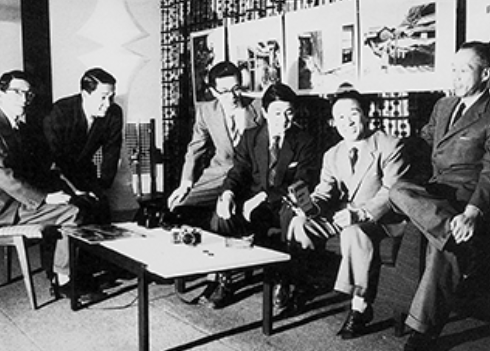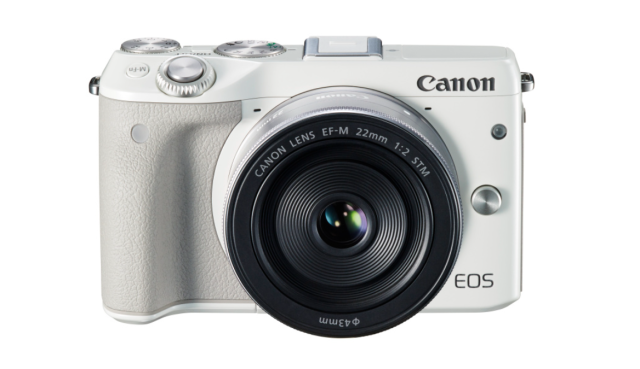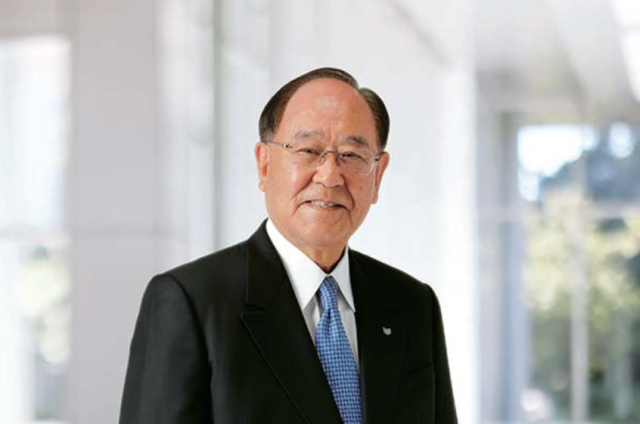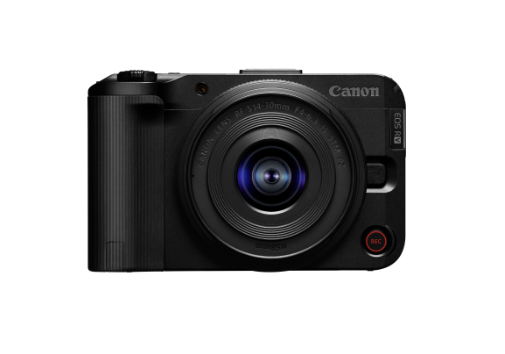
Editor's Note: This article is the 30th installment in our series on Asia's top 100 companies, exploring the strategies, challenges, and innovations driving the region's most influential corporations.
SEOUL, August 06 (AJP) - Once a small precision optics workshop in Tokyo, Canon Inc. has evolved into one of Asia’s most prominent technology conglomerates.
In 2025, the Japanese company is sharpening its focus on artificial intelligence and sustainable manufacturing, signaling a broader transformation of a firm long known for its cameras and copiers.
Founded in 1933 as the Precision Optical Instruments Laboratory, Canon made history with Japan’s first 35mm focal-plane shutter camera, the Kwanon.
The company would go on to introduce the Hansa Canon in 1936 and expand globally by the mid-1950s with overseas offices in New York and Geneva. Nearly a century later, Canon’s portfolio stretches far beyond photography, encompassing industrial printers, medical diagnostics, surveillance technology, and smart city solutions.

In the first half of this year, Canon launched a wave of new products, including the EOS R50 V and PowerShot V1 cameras aimed at content creators, and two flagship mirrorless models — the EOS R5 Mark II and R1 — both equipped with AI-powered autofocus. It also unveiled a 410-megapixel CMOS sensor for use in medical, security and industrial settings.
These developments helped drive a strong first quarter. The company reported a 20.8 percent year-over-year increase in imaging division sales, buoyed by demand for the R5 Mark II and a 30 percent jump in network camera revenue. Canon now holds between 35 and 50 percent of the global digital camera market across various categories.
Canon’s embrace of artificial intelligence extends beyond its product line. Through partnerships with companies such as IBM, the firm is integrating AI and cloud technologies into its operations. Its imageFORCE series includes predictive maintenance systems, and its subsidiaries are developing video analytics for urban infrastructure.
In 2024, Canon established a sustainability committee and pledged to achieve net-zero carbon emissions across its entire product lifecycle by 2050.
By 2030, it aims to cut direct greenhouse gas emissions by 42 percent and supply chain emissions by 25 percent, targets validated by the Science Based Targets initiative. The company has introduced more energy-efficient manufacturing processes, developed products with recycled materials, and expanded its European recycling programs. Canon Canada was recently named one of the country’s most environmentally friendly employers.
Canon’s long-standing “Kyosei” philosophy — emphasizing harmony and coexistence — continues to shape corporate strategy under Chairman and CEO Fujio Mitarai. The firm reported global revenues of $29.4 billion in 2024, and its management has prioritized sustainable growth, digital transformation, and research-intensive development.
Yet Canon faces mounting challenges. Semiconductor shortages and geopolitical tensions have disrupted supply chains, prompting the company to raise prices on some imaging products due to U.S. tariffs.
With the imaging division accounting for roughly a quarter of U.S. sales, Canon is responding by shifting toward high-margin offerings and increasing automation at its domestic production sites.

Competition is also intensifying. Sony continues to dominate the high-end mirrorless market, while Nikon and Fujifilm have made aggressive pushes with their own product lines.
In response, Canon is expanding its RF lens ecosystem, investing in cost efficiency, and embracing third-party collaborations.
The company now sees growth in several key areas: mirrorless cameras, drones, medical imaging, and industrial automation. Canon is also strengthening its presence in emerging Asian markets and pushing further into sectors such as life sciences and smart cities.
Canon’s long-term vision seeks to marry environmental stewardship with technological innovation — an ambition rooted in its history and now redefined for the digital age.


Copyright ⓒ Aju Press All rights reserved.


![[영문] Canon reports drop in 4Q profit, sees bleak 2009](https://image.ajunews.com/content/image/2009/01/29/200901291029438500865-2-101108.jpg)